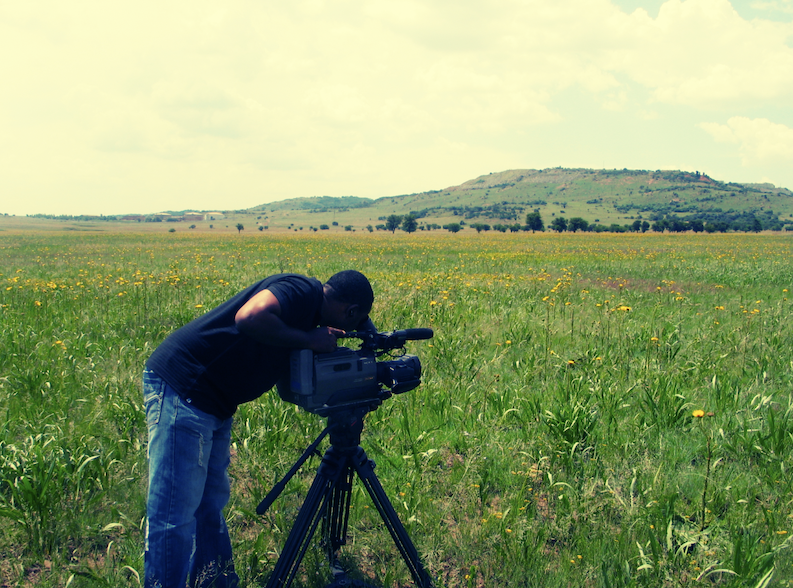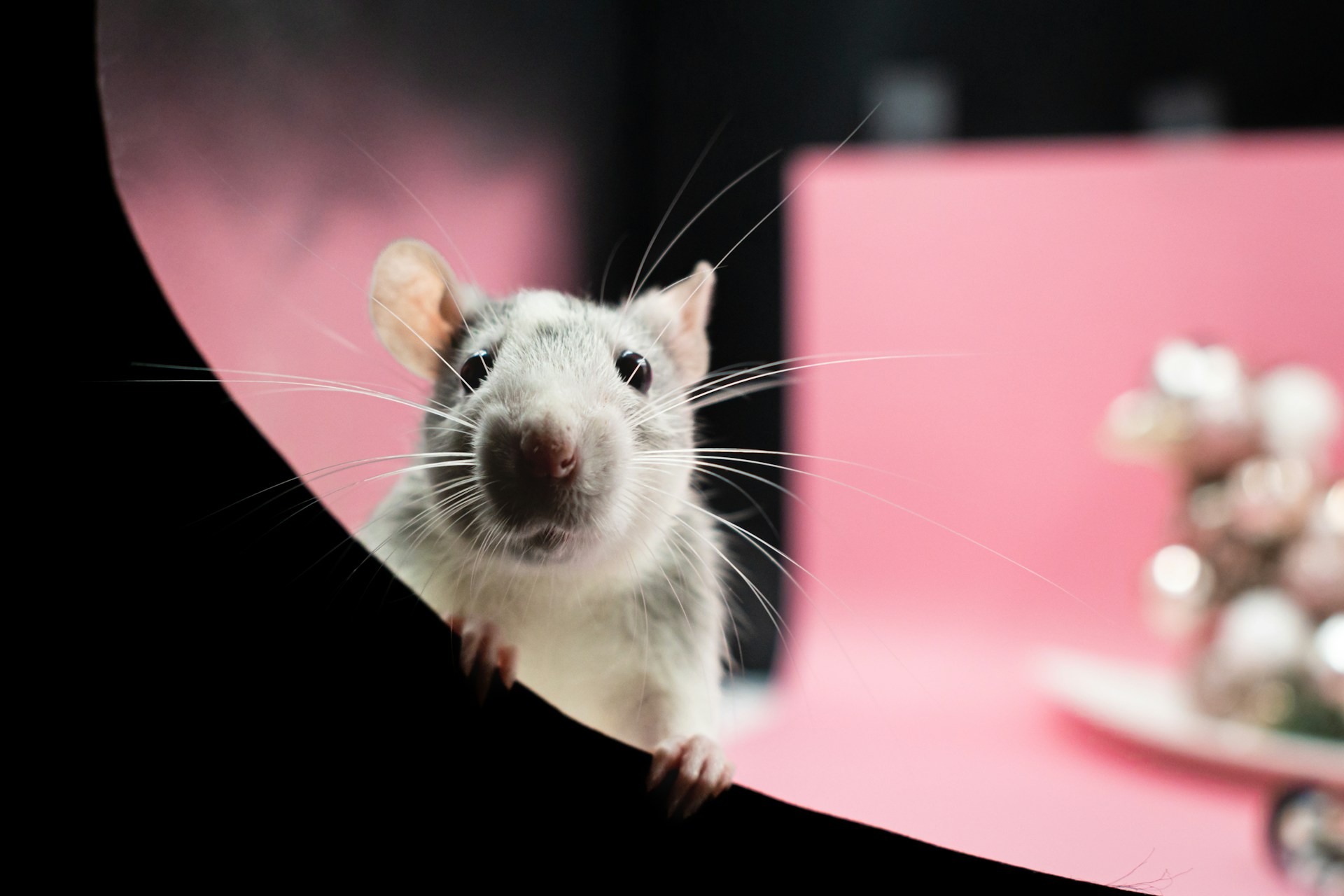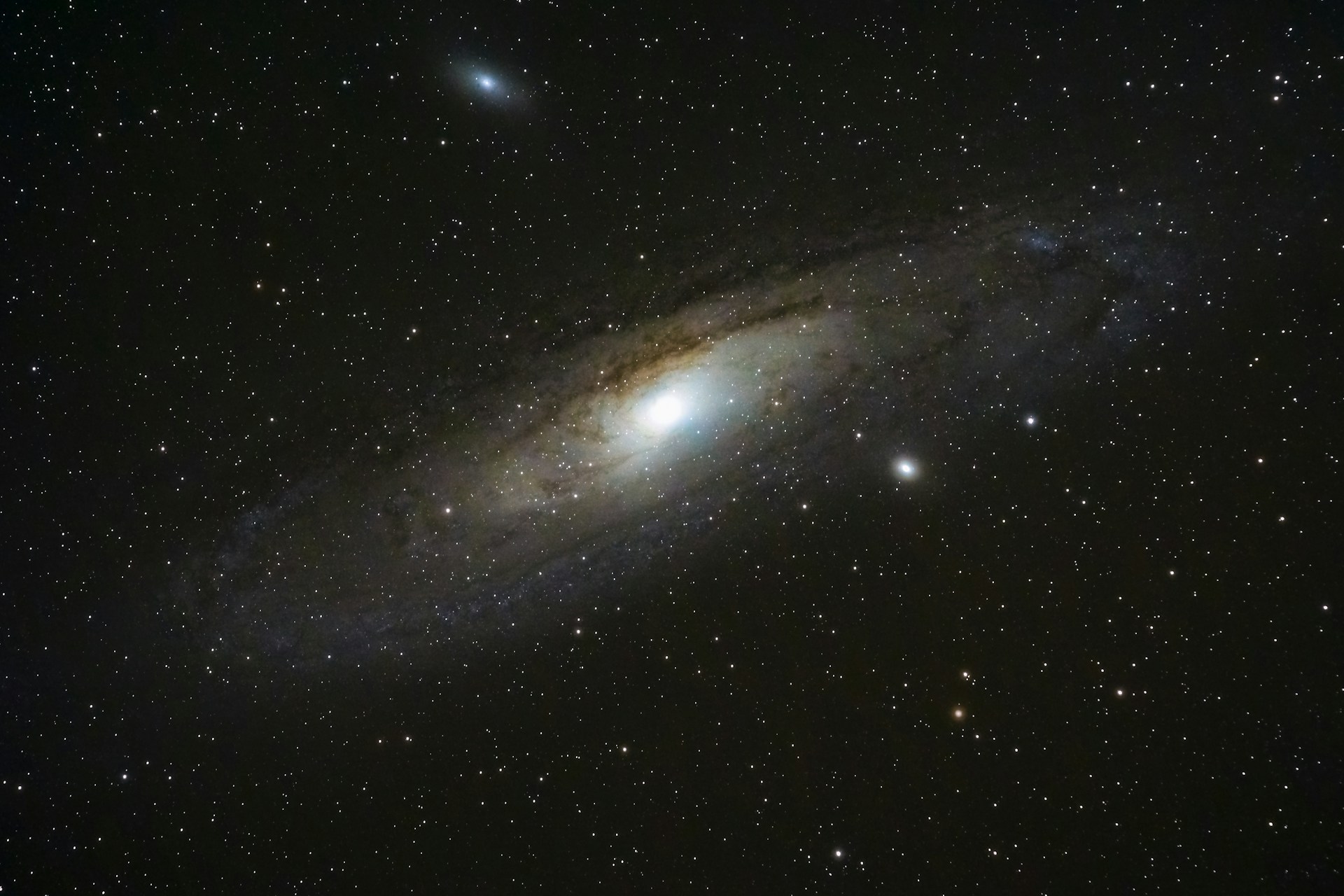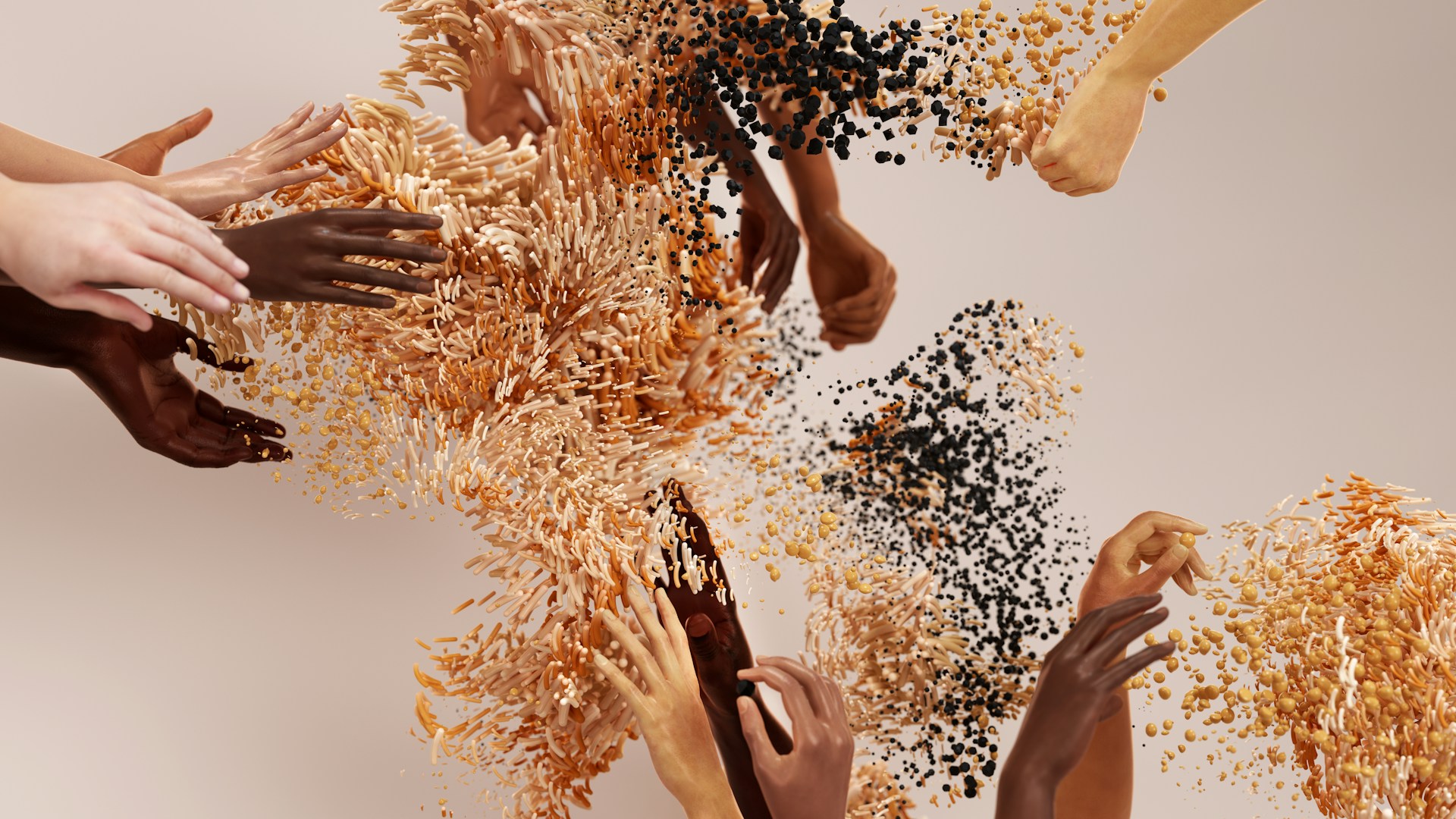The Good Natured Film Festival in Oxford showcases inspiring tales of environmental conservation. Image credit: Nana Ntumba, Wikimedia commons, CC BY 3.0.
The 2023 Good Natured Film Festival held in July in Oxford brought to the forefront an array of new perspectives on loss, regeneration and positive change in environmental sustainability. What makes this festival unique is that its films gather positive stories that inspire change and collaboration in addressing environmental challenges, while highlighting people’s interconnectedness with the natural world.
The film festival is organised by Conservation Optimism, an organisation that aims to spread positive conservation stories and through them inspire change, learning and replication, so that people and planet can coexist. This approach is both refreshing and inspirational as there is nothing easier but to slip into the ‘doom and gloom’ narrative when discussing the environment. Solely focusing on a mounting issue often leads to “pushing the problems under the carpet” or “turning a blind eye” to the problems that need to be addressed. A vision of the future constructed through an intricate mosaic of positive snippets is what can drive change forward. So how does this philosophical understanding of societal change translate into a film festival?
A vision of the future constructed through an intricate mosaic of positive snippets is what can drive change forward.
Since its establishment, five years ago, the Good Natured Film Festival has attracted nearly 500 film submissions from a total of 56 countries. A winner is selected for each of the five defined film categories which include the Student category, Animation, People and Nature, Life on Earth and Nature Recovery. At this year’s festival all the categories were showcased together, keeping a dynamic pace to the viewing experience and sustaining interest.
The festival is also unique in how the prizes are defined. Namely, each winner receives a mentoring workshop with the judge whose expertise lies within the given category. The focus of this award is thus on the value of knowledge sharing, rather than on a material value such as a financial reward. This approach underscores the importance of collaboration and the exchange of ideas and expertise. Meaningful rewards thus come from the enrichment of minds and the spread of valuable information that can contribute to collective growth and the lasting impact of knowledge. Additional awards were also given to the “Overall Best Film” and the public’s favourite, the latter being based on an audience voting system.
This year, a single film Penny and the Harvest Mice won three key awards: The Overall Best Film, best film for People and Nature, and the Public Vote award. The storyline followed Penny, who spent 42 years working in the Chester Zoo Nature Reserve, dedicating her career to the protection and conservation of harvest field mice, an endangered species from the UK. Initiating the project for the recovery of field mice populations back in the ’80s, Penny, along with other like-minded enthusiasts, commenced the release of harvest field mice in 2002.
Meaningful rewards thus come from the enrichment of minds and the spread of valuable information that can contribute to collective growth and the lasting impact of knowledge.
Since then, field mice have expanded successfully into new territories, establishing flourishing populations and indicating a promising recovery. The film, created by the Zoo Nature Reserve where Penny worked, adeptly depicts UK wildlife and the broader natural world as an integral part of our national heritage. A significant takeaway is the idea that effective change goes beyond individual action—it requires inspiration that encourages others to unite in a common cause, reinforcing the critical role of collaboration and collective effort.
Another short film that won two awards—best Animation film and best Student film—is The Harbourmaster. This film is about a swan, The Harbourmaster, from Osoyro, Norway. The film follows a swan that had a history of aggressive attacks on people. It tells the story from the swan’s point of view, revealing him as a husband and father, driven by love and determination, striving to safeguard his family from dangers of the city. It skilfully opened up space for reflection on how non-human lives are perceived and treated within our human-centred, anthropocentric landscapes. In an artful blend of emotions and humor, this captivating film rightfully earned its accolades, reflecting the power of storytelling in bringing the perspective of ‘the other” to the forefront. It is a reminder to all of us on how difficult yet central it is to understand our ecosystem from diverse perspectives.
The film Condor de California: una historia de conservacion (California Condor: a conservation story), which won the Nature Recovery Award and is a captivating movie capturing the story of profound sacrifice individuals can make for their passion about nature and how surprisingly rewarding this can be.
In the mesmerising Baja Peninsula in Mexico, where the Sierra de San Pedro Martir National Park is located, Catalina and Juan are leading extraordinary lives giving their energy and emotions to the conservation of the Californian Condor, an endangered species of vulture which has been declining since European settlements began to spread across North America.
These two conservation enthusiasts have been living full time in the national park since the reintroduction of six Condors in 2002. Twenty years later, 42 specimens of this fascinating bird are soaring in the Mexican sky. As the California Condors gracefully take flight, their return becomes a touching reminder of the irreversible consequences of human actions and the social responsibility we bear towards the fragile ecosystems that surround us. This short film is a true testament to the power of individual and collective action, leaving audiences with a profound sense of connection with the beauty and resilience of the natural world.

The film festival was undoubtedly an inspiring event that can leave no one indifferent. However, we can’t help but notice that messages leaning towards a conservative view of conservation dominated the narrative. Collectively, the films receiving the most recognition put emphasis on protecting nature solely within designated reserves and “wilderness” areas, thus following a more traditional understanding of conservation. Moreover, the dominant focus was on narratives focusing on a singular species-centric approach.
Films like Muher Espiritu (Spirit Woman), Entangled, and Nous Sommes la Terre (We are the Earth) that did explore nature protection from a broader perspective received surprisingly little attention. They powerfully conveyed messages of transformation and gave examples of how people relate to nature in an independent and harmonious manner. These films also demonstrated the need for broader, more structural changes in society that are needed to enable sustainable development for the future.
Nous Sommes la Terre brought to the fore our interconnectedness with nature, but also the connectedness between all of us (as people) and how its protection is necessary to safeguard ourselves. However, what made this film distinct is that it wove environmental concerns into broader societal issues of extreme individualism, over-indulgence and mental health.
This film truly inspires a wider debate on the Western worlds’ focus on “the self” is increasing human isolation, loneliness and depression. Our contemporary internally focused approach to understanding humans (who am I truly, know your full potential, be in touch you’re your feelings, why am I unhappy) where individual identity has supreme meaning over and above relational identities makes it difficult for environmental narratives to be an intrinsic part of our daily lives.
Conservation should involve a comprehensive reshaping of our relationship with the natural world—above and beyond protected areas or any “untouched wilderness”.
It is particularly these films that may have received less attention at the festival, that carried the most poignant messages. Conservation should involve a comprehensive reshaping of our relationship with the natural world—above and beyond protected areas or any “untouched wilderness”. It essential to break down the rigid borders that separate society from conservation efforts and infuse nature back into all aspects of our lives and most importantly, beyond protected areas and within rural and urban communities alike.
I believe it is also important to challenge the people versus nature dichotomy and question the myth that humans are a separate entity from nature. Only by “embodying” nature protection in all spaces and places can we bring about the level of change necessary to coexist with nature, ensuring a safe and vibrant world for future generations.
The above reflections were merely the perspective a student of conservation and a future conservationist. What is sure is that the audience of the Good Natured Film Festival are already looking forward to July 2024. Above and beyond the quality of the movies themselves, the collective atmosphere of attending the festival in the enchanting Oxford University Museum of Natural History was an experience in and of itself. In the interludes the audience were treated to a captivating art exhibition on rejuvenating nature and the opportunity to speak to some of the filmmakers whose movies were showcased in an informal environment over snacks and drinks.
The Good Natured Film Festival presented a seamless fusion of science and nature through art and offered a unique and powerful means of storytelling that touched the hearts of audiences in ways that other communication methods cannot. The emotional responses evoked by these films are crucial, igniting a deeper connection to conservation and fostering a sense of urgency and empathy that is much needed in our journey towards a sustainable future. The work of individuals whose stories have been showcased, as well as people from Conservation Optimism, act as an impactful catalyst for change, inspiring us all to take an active role in preserving the beauty and wonder of our natural world.
If you wish to see the screening of this year’s film festival, or one from previous years, you can find them on YouTube at the Conservation Optimism website.





